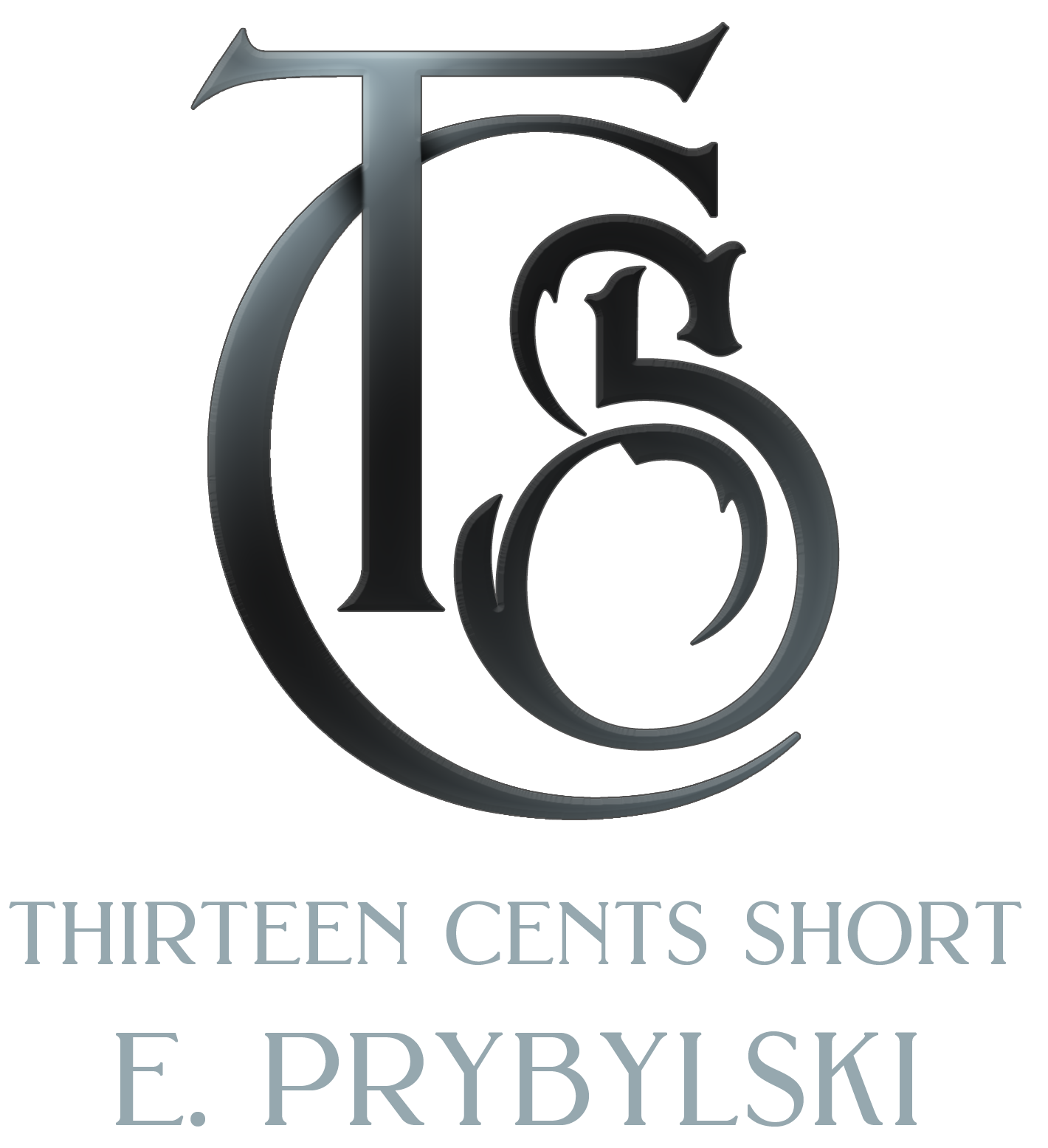I’m broaching a controversial and sticky subject in this blog, and I want you to stick with me. This post isn’t going to be political because my opinions aren’t something I want to breach on this blog. However, it will touch the subject, and I know this is a difficult subject for us to discuss in the world.
So why am I writing about this? Well, every few weeks I see someone posting a question about whether or not writers (as a whole) have a responsibility to write about “x” or “y” socio-political subject. These discussions are valid and include a lot of useful and important conversation regarding said subjects. Like I said, the specifics aren’t something I’m here to blog about. But the concept of social responsibility of writers comes up over and over again, and it’s something I think is important to address.
What kind of responsibility do writers have? Well, we all know that writers can change the world. They can bring to light tough issues that are under-represented or change perspectives on other ones. Writers have power, and it’s only right we should consider how we use that power to inform the world of our moral views. But should we be required to do so? I think the resounding answer on that is: no.
If writing about a specific subject, or incorporating specific elements into your story is in your heart then go forward with it and change the world. Fight for your beliefs. Sway hearts. Use the power of your word to speak on issues that are important to you, and make your voice heard. But if you “just want to tell a story”, that’s okay, too. I put that in quotes because there’s no such thing as “just telling a story” to some extent.
Good stories in every genre connect to parts of us and parts of the human condition. I know I sound like a snooty literary teacher, but those connections are what make them so powerful and why we crave them. Romance, adventure, coming of age, fear, excitement, loss… all of these themes can (and many are) present in many different works and genres of writing. My novels so far have largely displayed the theme of coming to terms with something in yourself that you have previously avoided. I make characters go through hell to face their inner demons. It’s an inner journey that I have taken, myself, so it’s natural that would be reflected in my writing.
All that said, I don’t think writers should be “required” or “forced” to incorporate any particular elements in their work. I encourage people to use the power of their words to reach out to others, but the best way to encourage change is to be the change you want to see. If you want to see more (or less) of a certain story element in writing then reflect that in your writing. You can encourage people to confront certain issues and discuss them in their work. Those conversations, as I said previously, can be valuable. But required? That’s going into bad places.
Outside of the fact that it treads on our individual artistic expression, forcing or shaming someone into including certain story elements means those story elements will not be represented in the strongest or best way possible. “A man convinced against his will is of the same opinion still,” as the old adage goes. They might provide lip service to whatever it is they’re being pressured into, but it won’t spring from a place of authenticity. Without authenticity, writing means nothing. It’s just words on paper.
Authenticity is a vital part of writing. I don’t mean the accuracy that comes with research. I mean the author’s emotional investment. If you aren’t feeling what you’re writing (overall, not that moment where you’re writing because you have to power through the mid-manuscript blues) then it’s not worth writing. It’s not worth publishing. It’s not worth reading. Requiring people to do things without authenticity will result in worthless work that is more of an insult and liability than it is an asset.
In the end, yes—writers are responsible for telling the world stories that matter. Stories that move people. Stories that reach them. However, every writer needs to write for themselves. They need to speak on what makes them lie awake at night. Those are the stories that will shake the world.

I think you wrote about a delicate subject and provided a lot of insight… and some thoughtful words.
Thank you for your kindness!